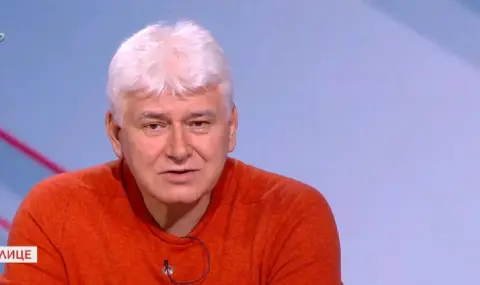The Law on the Judiciary has a clear goal - to prevent Sarafov from being elected as prosecutor general. However, I am not optimistic in this direction. We have three bills to amend and supplement the Law on the Judiciary. If they are voted on at first reading today, they will again end up in the Committee on Legal Affairs, which must prepare a consolidated bill to be discussed and various adjustments made. This was stated by the lecturer in constitutional law, Prof. Dr. Plamen Kirov, in the program “Face to Face” on BTV.
The delay in President Radev's decree is aimed at allowing the law to enter into force, the host noted. The guest stated that this was programmed.
“There is an option for the president not to issue a decree to elect a prosecutor general. The National Assembly is not making any effort to elect a parliamentary quota and to liquidate the continuation of the activities of an expired SJC. Yes, a 2/3 majority is needed, but let them at least start. They are introducing a cascade of laws to prevent the current SJC from electing one specific person. This is legislative schizophrenia”, he explained.
They are not deciding the question of who will be elected as Prosecutor General. Imagine if we fail this election, what will we do next? What if the next elected one is worse? Do we guarantee that we will not allow another candidate to be to everyone's taste?, asked the constitutionalist.
Prof. Kirov commented on the topic of changes to the Electoral Code. “How do the MPs imagine the part with the counting centers? Who will appoint the people to these centers? These will be large section election commissions (SECs) that will count instead of the other SECs. Then the question will again be raised of who will monitor the counting centers and how will it be guaranteed that they will count accurately? There are much more significant issues that are not under the eye of the people's representatives. We have 11 electoral districts that allocate 4 mandates and one that allocates 19 mandates, i.e. the difference is five times. The Electoral Code does not allow the number of mandates to fall below 4. And in some districts there may be so many residents that 2 mandates must be allocated. A basic principle has been violated here - the principle of the operation of the Electoral Law, which does not allow the mandates to fall below 4, but no one cares,” the guest also said.
